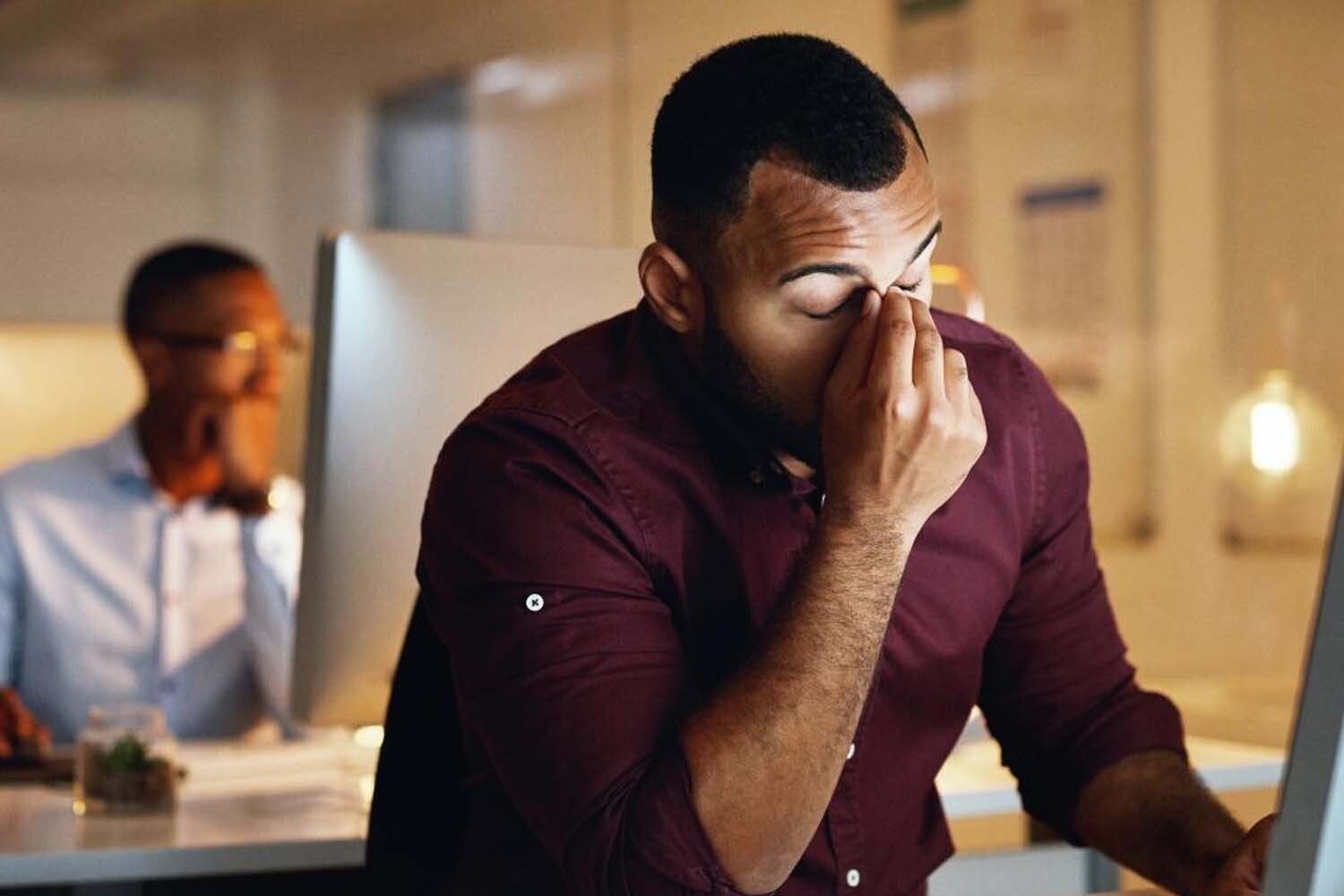


You may have heard of vitamin D being called the “sunshine vitamin.” That’s because your body makes it when your skin is exposed to sunlight. But what happens when you don’t get enough of it?You may have heard of vitamin D being called the “sunshine vitamin.” That’s because your body makes it when your skin is exposed to sunlight. But what happens when you don’t get enough of it?
Vitamin D is more important than most people realize. It supports your bones, boosts your immune system, and helps your body absorb calcium. Without enough of it, you might feel tired, weak, or even sad without knowing why.
This blog will help you understand what causes low vitamin D, what signs to watch for, and how to treat and prevent it.
Vitamin D is a fat-soluble vitamin that plays many roles in your body. One of its main jobs is helping you absorb calcium and phosphorus. These minerals are essential for strong bones and teeth.
But that’s not all. Vitamin D also helps regulate your immune system. It can improve your mood, support heart health, and may even lower your risk of certain diseases.
Your body can make vitamin D on its own. When sunlight hits your skin, a reaction takes place that helps your body produce the vitamin. You can also get small amounts from certain foods and supplements.
There are several reasons why your body might not get enough vitamin D
Spending time outdoors is the easiest way to get vitamin D. But many people don’t get enough sunlight, especially if they spend most of their time indoors or live in places with long winters.
If you use sunscreen, wear long sleeves, or cover most of your skin, your body may not be able to make enough vitamin D from the sun. While protecting your skin is important, it can also limit your vitamin D production.
People with darker skin have more melanin, which reduces the skin’s ability to produce vitamin D from sunlight. This means they may need more sun exposure than people with lighter skin to get the same amount of vitamin D.
As you get older, your skin becomes less efficient at making vitamin D. Older adults also tend to stay indoors more often, which reduces sun exposure.
Vitamin D is found in only a few foods. If your diet doesn’t include enough sources like fatty fish, egg yolks, or fortified foods, you may be at risk. People who follow strict vegetarian or vegan diets may be more likely to have low levels.
Some health conditions can affect how your body absorbs or processes vitamin D. These include digestive issues like Crohn’s disease or celiac disease, kidney or liver problems, and obesity. Certain medications can also lower vitamin D levels.
Many people with vitamin D deficiency don’t have obvious symptoms. But over time, low levels can affect your health in several ways.
If you feel tired all the time, even after a good night’s sleep, low vitamin D might be to blame.
Vitamin D helps your body absorb calcium. If you don’t have enough of it, your bones can become weak, causing aches or back pain.
Vitamin D plays a role in brain function and mood. Low levels have been linked to depression, especially during the darker months.
A weak immune system is another sign. If you’re getting sick often, it could mean your body is low on vitamin D.
Low vitamin D can cause muscle aches and weakness, especially in older adults.
In some cases, vitamin D deficiency may lead to hair thinning or slow hair growth.
If cuts and wounds take longer to heal, it might be due to poor vitamin D levels affecting your immune and repair systems.
If you’re diagnosed with vitamin D deficiency, don’t worry. It’s usually easy to treat with the right steps.
Try to spend 10 to 30 minutes in the sun, a few times a week. Let your face, arms, or legs soak up some sunlight. The exact amount of time depends on your skin tone, the time of day, and where you live. Avoid sunburn, and speak with your doctor if you have sensitive skin or other conditions.
Include more foods in your diet that naturally contain vitamin D or have been fortified with it. Some examples include:
The dosage depends on how low your vitamin D levels are. Some people may need a daily supplement, while others may take a higher dose weekly. Always follow your doctor’s advice and avoid taking too much, as too much vitamin D can be harmful.
If a health condition is affecting how your body absorbs vitamin D, treating that condition is key. Your doctor may also adjust medications if they are lowering your vitamin D levels.
Prevention is better than cure. Here’s how you can keep your vitamin D levels in check:
Vitamin D is essential for your health, but it’s easy to overlook. Because symptoms can be mild or slow to appear, many people don’t realize they have a deficiency until it starts affecting their everyday life.
If you're feeling tired, moody, or dealing with muscle or bone pain, it might be time to check your vitamin D levels. With a few simple lifestyle changes, and in some cases, a supplement, you can bring your levels back to normal and feel better again.
Talk to your doctor if you think you might be at risk. Taking care of your vitamin D is a small step that can lead to big improvements in your overall health.
Are you ready to change your life? Book now to get started
Book Now